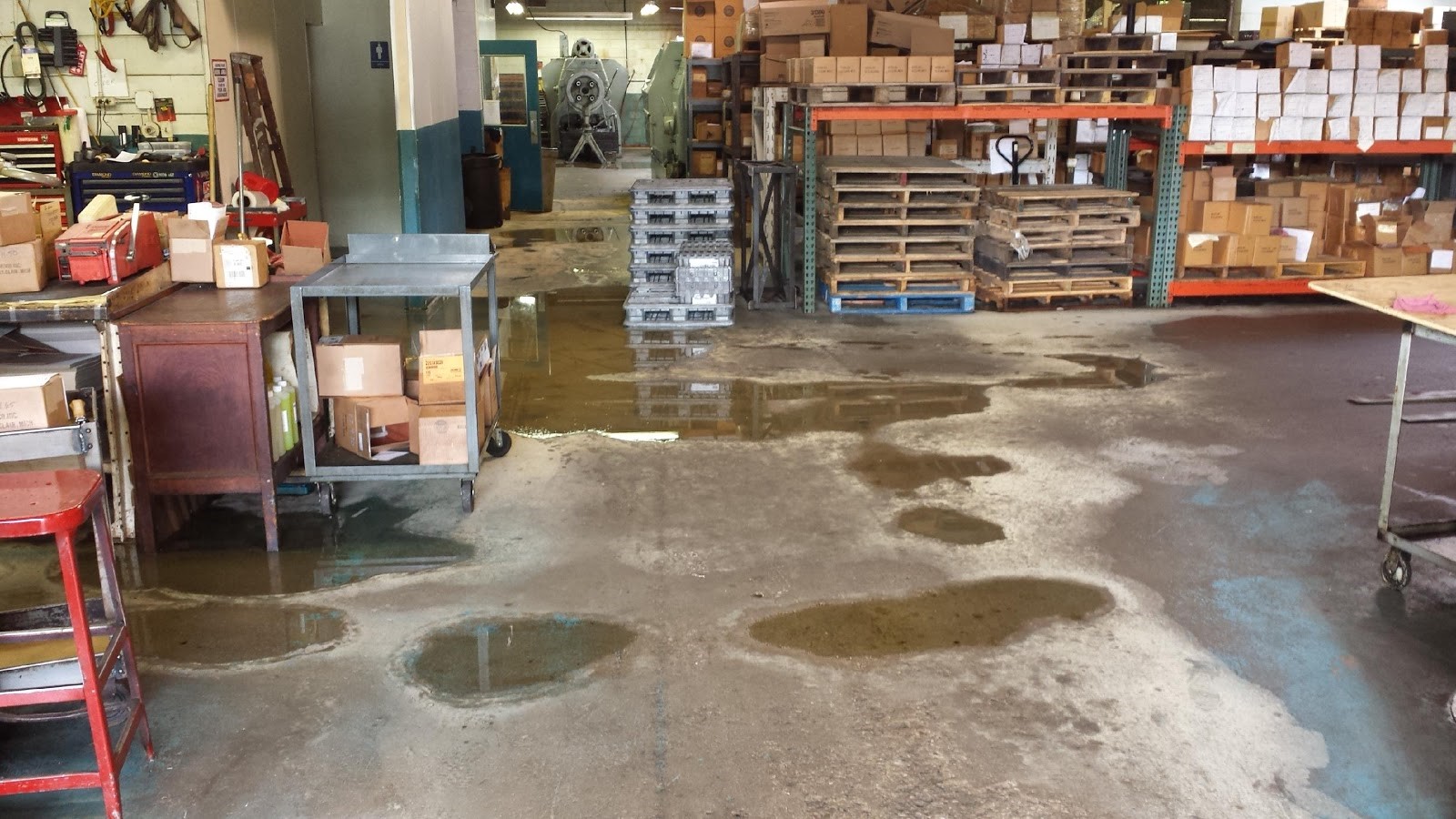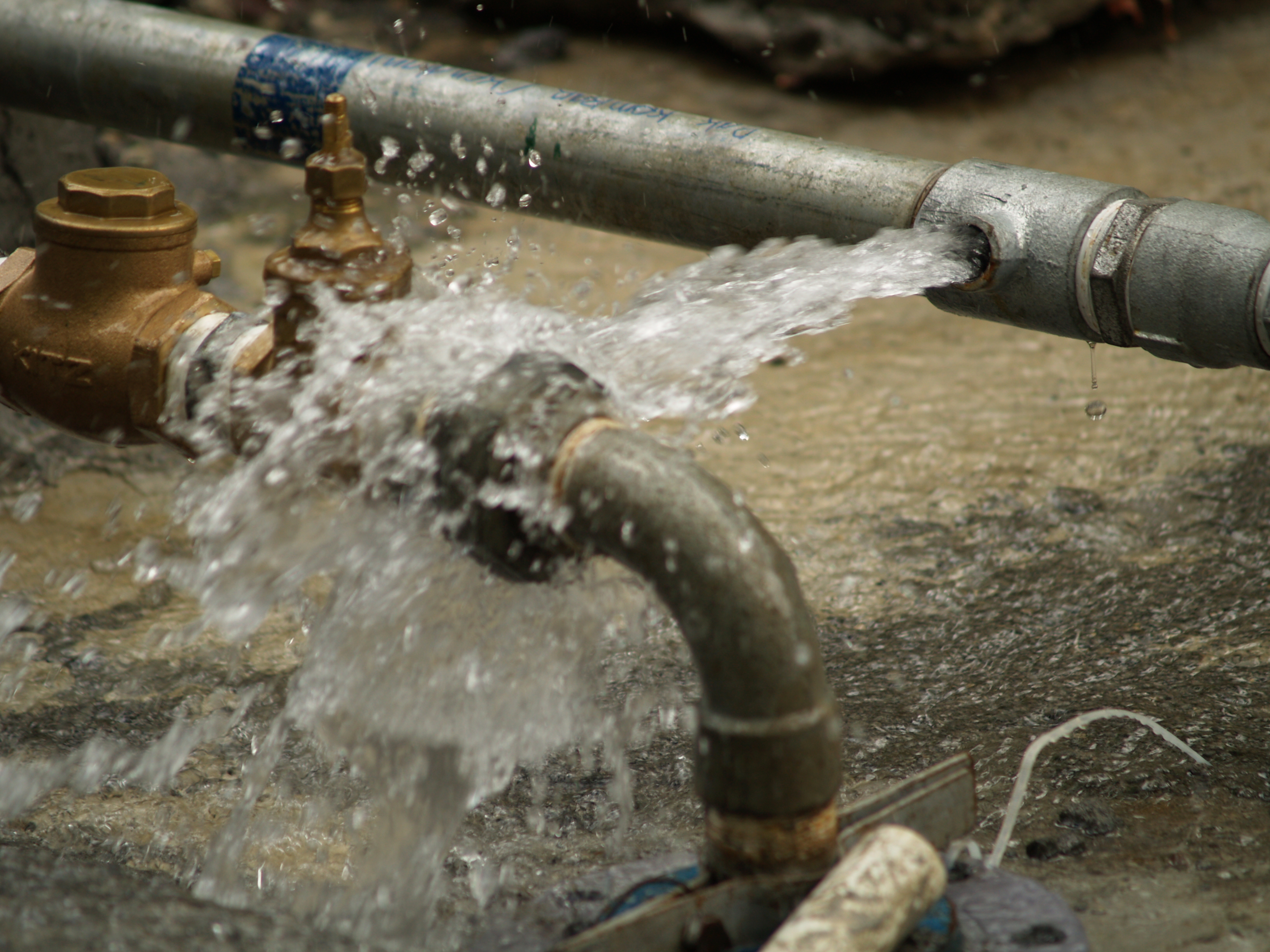In this article in the next paragraph yow will discover a bunch of brilliant material pertaining to The Do s And Don ts When Water Floods Your Home.

What should you do if a water pipeline ruptureds in your house? The longer you wait, the extra severe the damage that can take place to your residential property. For these factors, you need to discover just how to act in the event of a burst water pipeline.
Shut down the Main Waterline Valve
Look for the regional shut-off valve to turn off the water in one details location only. If you do not understand where the local shut-off shutoff is, go for the major water line shutoff and turn it off. Normally, the primary valve is located outside the residence following to the water meter.
Call Water Damages Remediation Pros for Assistance
After closing the water resource, call the specialists for aid. With their expert assistance, you can stop a lot bigger water damages including deformed baseboards, loosened tiles, or damaged frameworks.
Record the Damage For Insurance coverage
While you're waiting on the pros to show up, get some documentation of the damages triggered by the errant pipe. Take images and also video clips of whatever. Do close-up shots of the damaged belongings and also spots. Your paperwork will serve as evidence for your property owner's insurance. Keeping positive with this scenario aids you to file a claim for coverage, which will further support you and your family members to return on your feet.
Restore Things That Can Be Conserved
Examine the harmed items and take out the most important ones from the pile when you're done taking photos. Dry them off in a dry/warm location far from the broken location as well as try to maintain them as long as you can. Drag as much moisture as you can to the product so it can start to dry out.
Start the Drying Refine
Fortunately, the water from your waterlines is already tidy so you do not have to worry regarding sewage system water. The flowing water might have disturbed the dust and particles in your rugs and floorboards. Blot out as much water as you can from the surfaces with old towels.
Professionals are the only people qualified to assess correctly and fix the burs pipes and succeeding damages. As constantly, pipes don't just suddenly break out of the blue. They typically provide silent warnings like bubbling paint, water discolorations. Strange noises in the plumbing, caving ceiling, mildewy smell, or peeling off wallpaper. Take note of these signs as well as do some preventive measures so you can nip any issues in the bud.
What should you do if a water pipeline bursts in your home? For these reasons, you require to find out how to act in the event of a ruptured water pipeline. After shutting the water source, call the experts for aid. With their specialist aid, you can avoid much bigger water damage consisting of warped baseboards, loosened floor tiles, or damaged frameworks. Fortunately, the water from your waterlines is already tidy so you don't have to worry about sewer water.
How to Handle a Burst Pipe and Minimize Damage
Steps to Take Ahead of Time
If you own property in an area that experiences cold weather, you need to be aware of seasonal maintenance tasks that will help you protect your property as the weather changes each year. One of the most important steps is to winterize your pipes to ensure they won't freeze or burst when the temperature drops. This includes action items like insulating any exposed pipes, detaching garden hoses and covering outdoor faucets. If the weather gets cold enough, you may even consider leaving a faucet dripping or opening cabinet doors during the coldest parts of the day.
No matter how prepared you might be, accidents and emergencies still happen. You'd be wise to set up a savings account specifically for your property so you have a "rainy day" fund set aside for unexpected expenses. All homes regardless of age, location or condition will inevitably need some form of emergency repair.
Steps to Take for Frozen Pipes
A frozen pipe will not necessarily burst, so if you can catch a frozen pipe early on, you could save yourself a major headache. When your area experiences frigid temperatures, be sure to check your plumbing and keep an eye out for warning signs like faucets only releasing small amounts of water or toilets not refilling when flushed. If you do run into one of these issues, you're likely dealing with a frozen pipe.
If this happens, your first step should be to cut off the water supply to that section of the plumbing. Expanding and freezing water can quickly cause damage. Even if the water supply is shut off, you will likely still deal with some leaking from the water that defrosts after the pipe has thawed. Be prepared with a mop, bucket and/or towels to quickly soak up any excess water.
In order to thaw a frozen pipe, you can use a space heater, infrared or incandescent heat lamp, or even a hairdryer to warm up the frozen area. Heat tape is also an option and should be used according to manufacturer instructions. Do not use any sort of open flame to thaw frozen pipes, as it poses a major fire hazard and can damage your pipes further.
Steps to Take for a Burst Pipe
Water damage claims are the second most common insurance claim in the U.S. When you're dealing with a frozen pipe, the water continues to expand as it freezes, which creates pressure that can cause a pipe to burst. When this happens, the crack or leak in the pipe allows water flow from the pipe to enter your home where it shouldn't. If a pipe does burst, you need to act quickly to mitigate property damage and repair cost.
Your very first step should be to shut off your main water supply to minimize flooding typically the most expensive damage to address. Once you've shut off the water supply, make sure you identify the entire area that has been impacted by the leak. Remove as much water as possible as quickly as possible using a mop, sponges, towels or a shop vacuum or wet/dry vacuum. To prevent long-term damage due to moisture build-up, run a dehumidifier or fan in the affected area. Contact a licensed plumber to ensure the pipe is correctly repaired before running any water to that section of the home again. Burst pipes and the associated water damage are something you absolutely want to avoid as a property owner. If you've had to learn your lesson the hard way, don't let yourself get caught in a similar situation during the next spell of cold weather. The best way to deal with frozen or burst pipes is to prevent them in the first place proactive winter maintenance will save you time, money and a whole lot of stress.

Hopefully you liked our article on The Do s And Don ts When Water Floods Your Home. Thanks a ton for taking the time to read our blog. Please take the time to share this blog if you appreciated it. I value reading our article about The Do s And Don ts After Water Damage.
Reliable plumber? Dial!